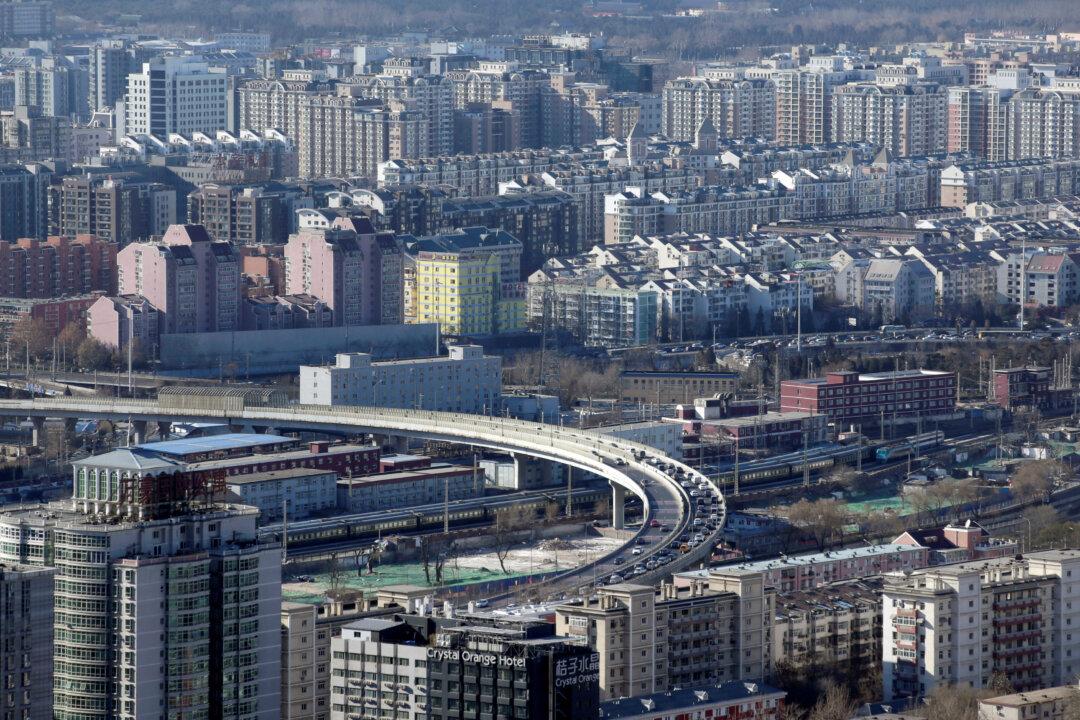BEIJING/HANGZHOU—Chinese leader Xi Jinping vowed to increase the supply of rental housing last year, millions of young Chinese expected to find homes they would finally be able to afford.
But the government’s initiative has had an unintended effect: a surge of property investors into the rental market that has dramatically pushed up prices.





